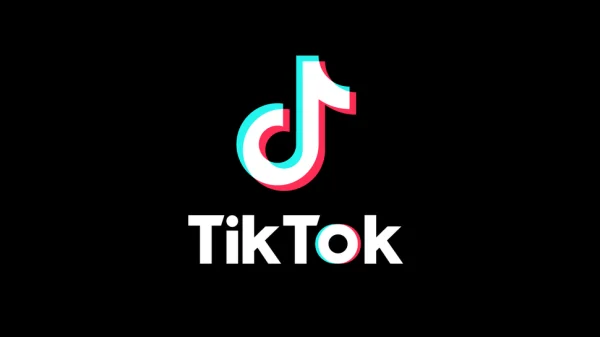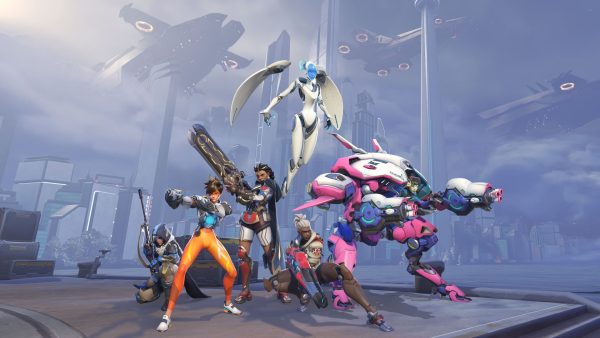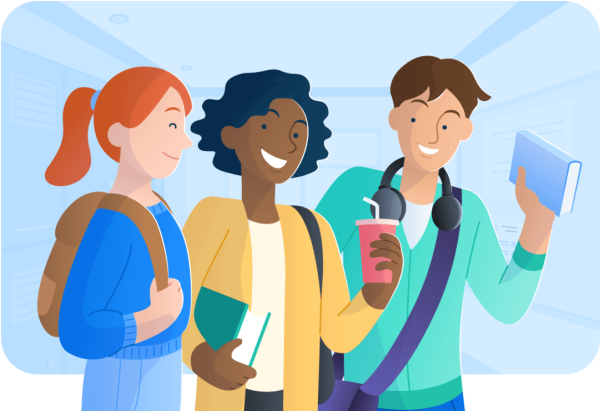Editorial: Chat GPT – friend or foe?
With Chat GPT usage at a steady increase in schools, ethical questions have risen as well.

The official logo for Chat GPT.
March 27, 2023
In this new generation of technology, we heavily rely on its everyday improvements and wisdom to make our lives easier. As of recently, one chatbot’s integrity is in question due to students using it to get schoolwork done. Opinions go around that students should be doing the work themselves instead of using this “resource,” others arguing using it is just taking advantage of available resources nothing more.
The chatbot in question? Well, that would be the one and only Chat GPT.
For those not up to date with the latest technology, Chat GPT is an AI chatbot that has a language-based model that the developer tunes up for human interaction in a conversational manner. Open Ai launched their AI Chatbot known as Chat GPT on Nov. 30, 2022, and since the release of the software, controversy has arisen due to the mass amounts of students using it to cheat in class.
The reason students have been using it and at times getting away with having the bot author their papers is the convenient programming of the chatbot. Open Ai intended this to be for customer service use and people have started to use it to their personal benefits.
As a result of students abusing their power with the software to do school related tasks, such as English classes, schools across the United States have been banning the use of the chatbot. This “ban” of sorts includes High schools and Universities, which both require final papers for exams.
The main problem expressed by teachers and professors is students using its speedy text generator to cheat or plagiarize.
The Technology of ChatGPT is an easy shortcut or cheapskate for assignments like essays, other writing assignments, and exams. Not to mention, it generates content in a way that can bypass software like turnin.com, which detects when students use information that is not their own work.
To understand where schools are coming from, www.intelligent.com conducted a survey asking scholars about their knowledge and their usage of ChatGPT in their class. Out of 1,000 students, 30% of them use it on written homework and 60% use it for more than half of their assignments.
The most interesting part of this study was that three out of four ChatGPT users are aware of It being considered a cheating method, yet they use it regardless.
Another main issue for teachers is the fact that, even though you may be using ChatGPT to save time and effort on an assignment, it does not reflect your understanding or comprehension of the lesson.
The cheating in school is not the greatest concern but turning to the software hinders learners from gaining knowledge about the topics taught at hand, therefore undermining the purpose of education overall. While useful, this is not a resource that should be used in education.











